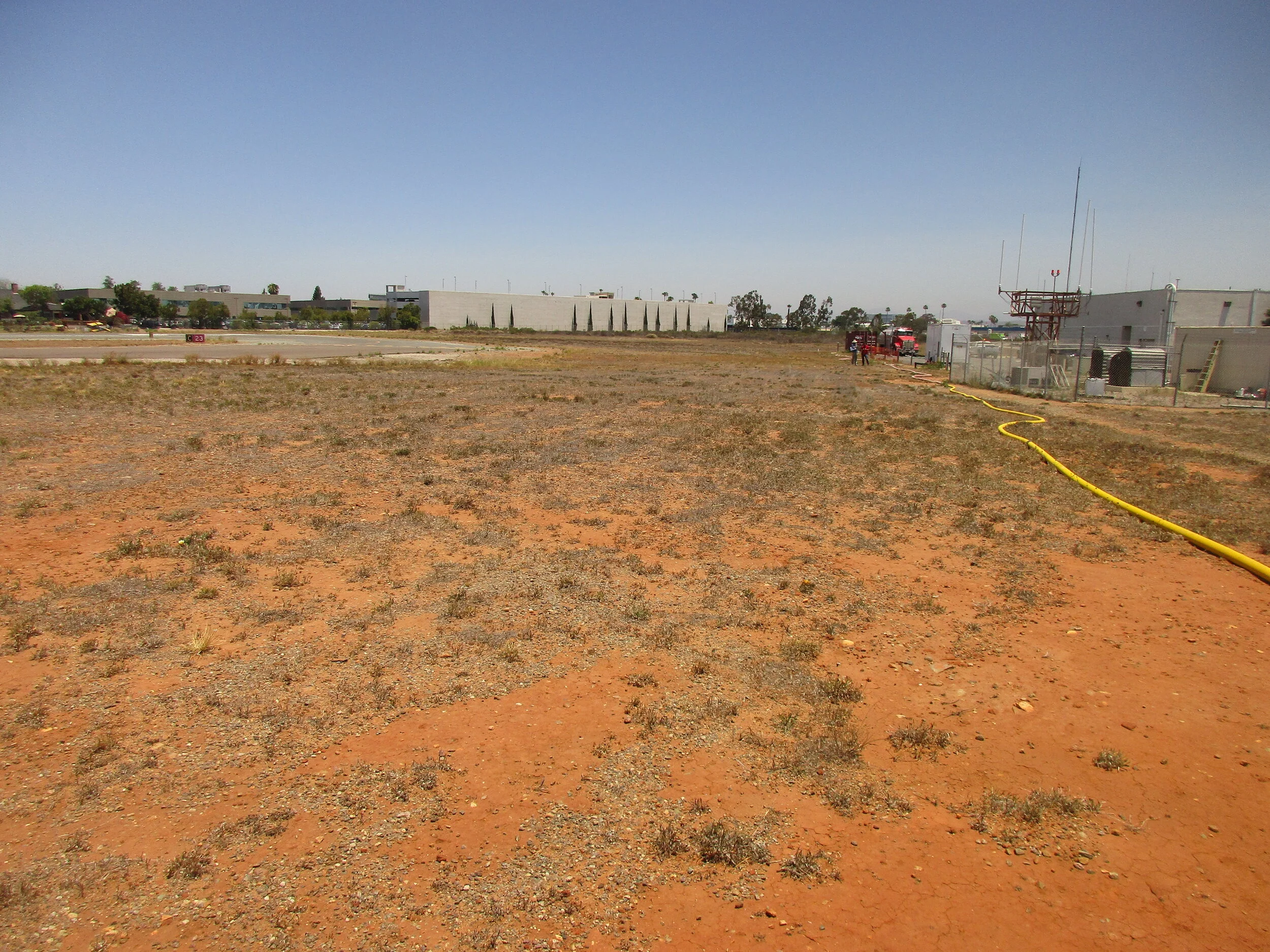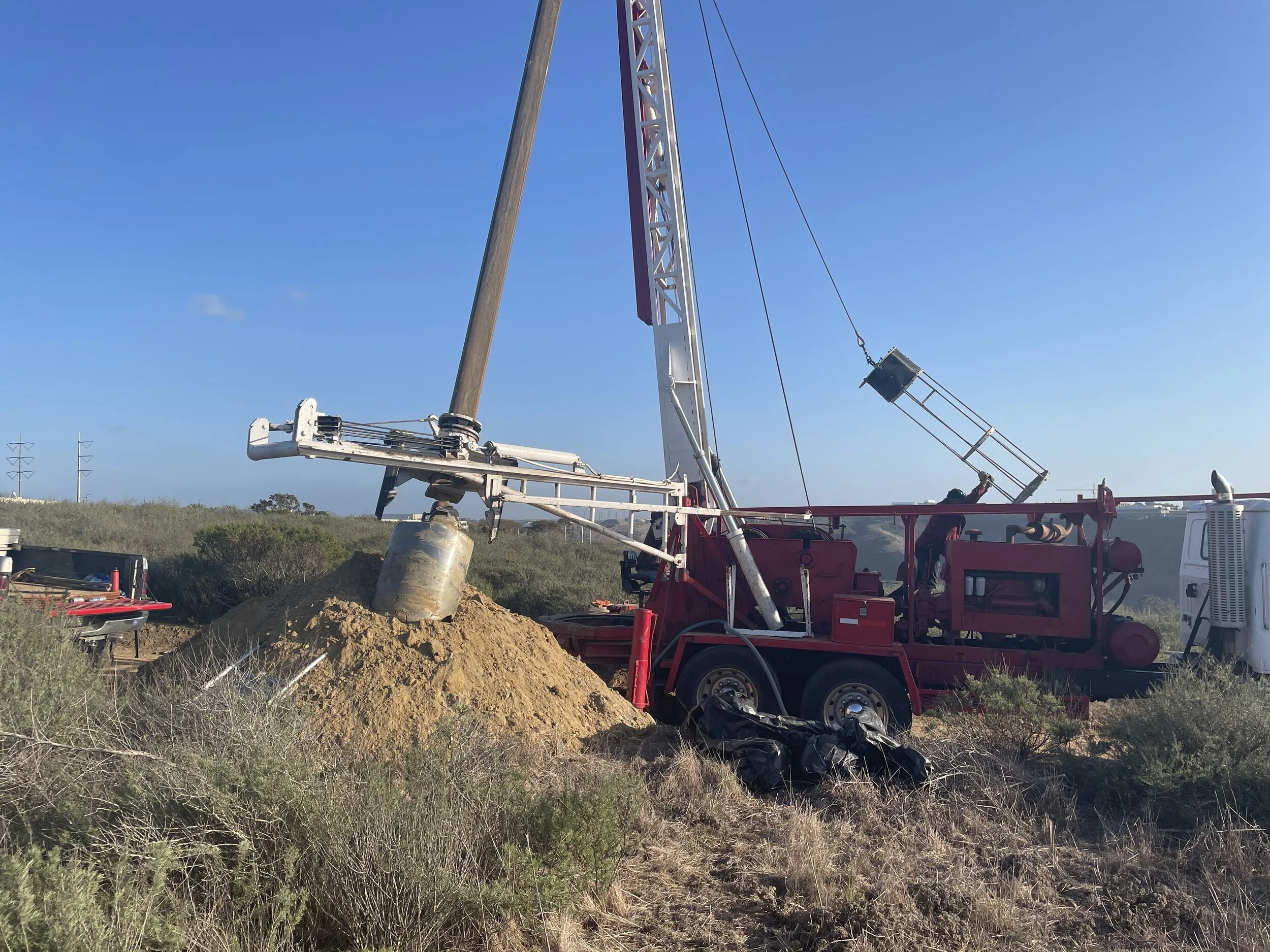
Air Quality / Greenhouse Gas
RECON completes evaluations in compliance with federal, state, and local planning requirements for impacts resulting from traffic on roads, point source emitters, construction equipment, and other sources. We have training and experience in a variety of air dispersion and health risk assessment models.
Whether it’s modeling of health risks of diesel particulates or the analysis of criteria pollutants predicted to result from project construction or operation, RECON stays current on standards and regulations and have the technical expertise needed to assure successful and timely analysis.
RECON also prepares greenhouse gas (GHG) technical reports for a variety of planning and development projects, including general plan and community plan updates, and consults with local municipalities regarding approaches to GHG analysis for individual projects.
Services
Air Quality Modeling
Point and Mobile Source Dispersion Models
Health Risk Assessments
State Implementation Plan Conformance Review
Conformity Analyses
Dispersion Modeling
Impact Analyses
Emissions Calculations
Third Party Reviews
Featured Projects










